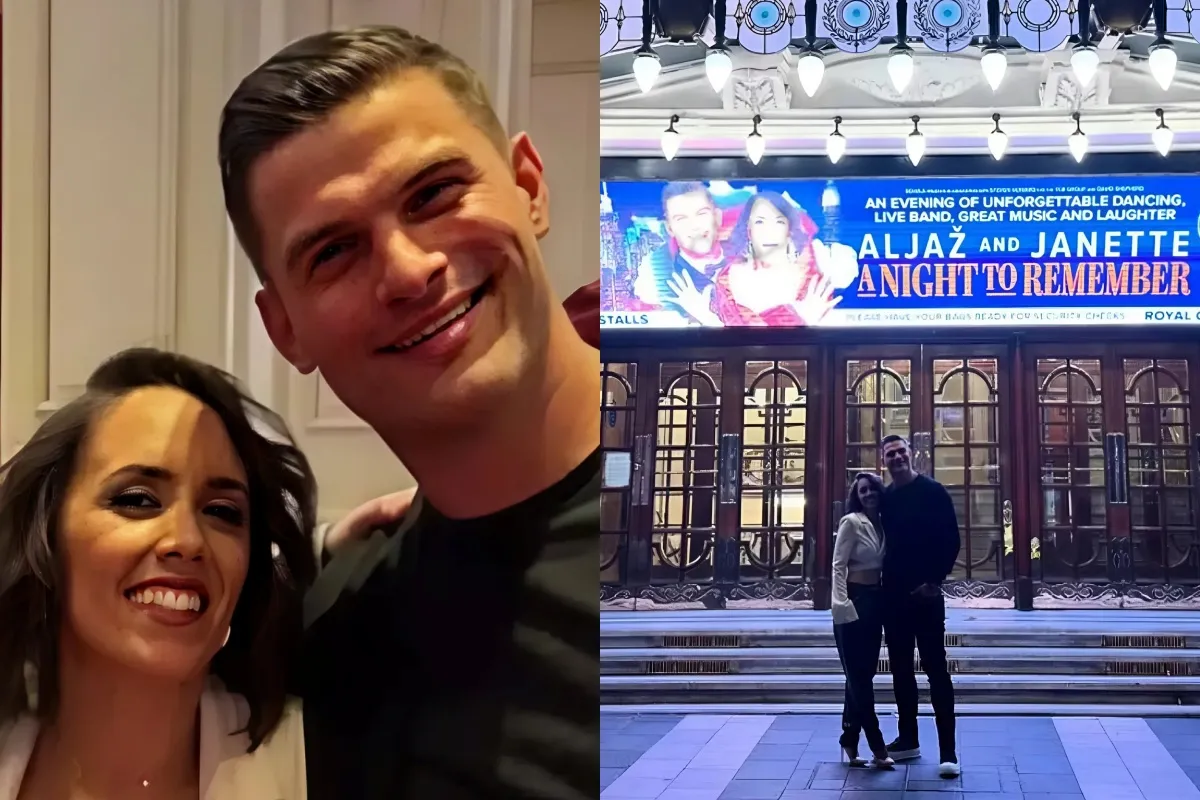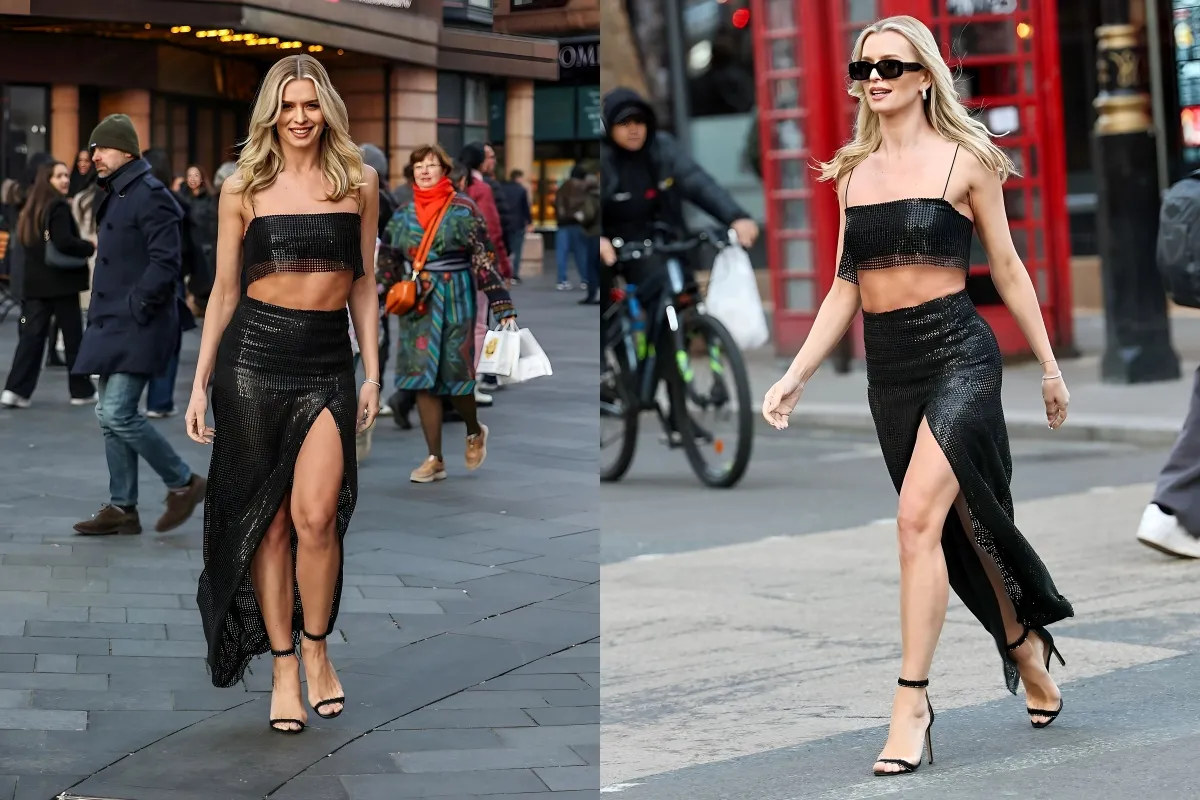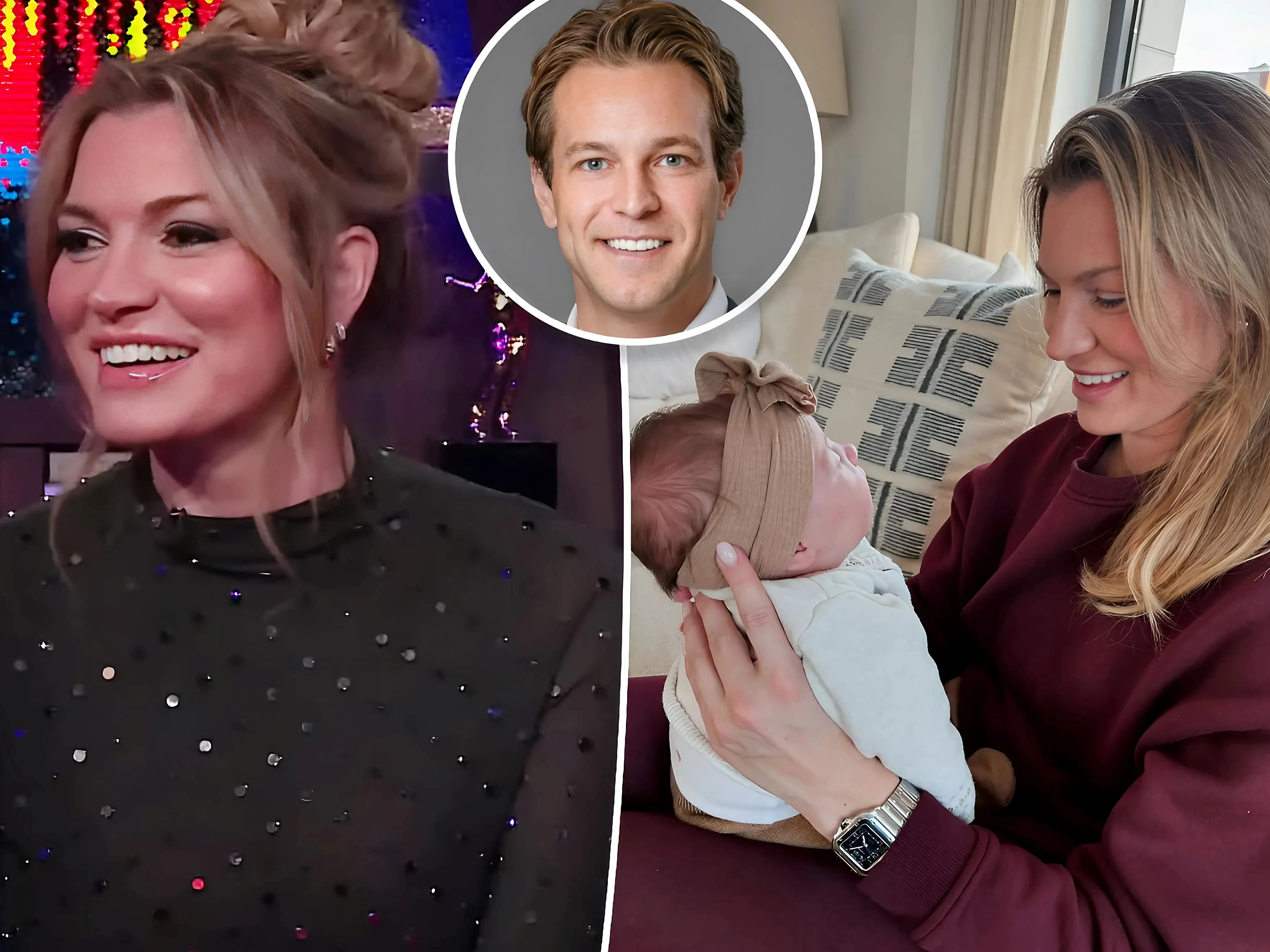A MAJOR breast cancer screening drive will see celebs writing "personal" letters to women, urging them to attend life-saving screenings.
It's hoped that the campaign - backed by Strictly Come Dancing judge Shirley Ballas and presenters Victoria Derbyshire and Julia Bradbury - will help spot thousands more breast cancer cases earlier.




NHS England has launched it's first-ever breast cancer screening campaign, as figures showed that over four in ten invited for their first breast check don't take up the invitation.
In 2023 there were 18,942 tumours detected out of 1.93million women screened for breast cancer, but a further 1.05m women who were invited did not attend.
The one per cent detection rate means there were potentially 10,000 missed cases.
Women registered with a GP are automatically invited for NHS breast screening between the ages of 50 and 53, then every three years until the age of 71.
The campaign - supported by Breast Cancer UK and Cancer Research UK - encourages women to make the most of regular mammograms and shows that screenings can detect cancers as early as possible.
If 80 per cent of those eligible for a breast check had one in the next year, nearly a million more women could be screened compared to 2022/23, NHSE estimated.
Meanwhile, over 7,500 breast cancers could be detected at an earlier stage, when they are more treatable.
Adverts will be splashed across TV, radio and online, but celebs will also add a "personal" touch to the drive.
Strictly judge Shirley Ballas, Newsnight anchor Victoria Derbyshire and presenter Julia Bradbury will all write "unofficial" invitation letters to women, sharing their own personal screening experiences to reassure them and encourage them to attend.
Victoria penned an open letter to women invited for breast checks, saying: “I’ve had breast screening multiple times. For me it was painless and I was happy to be screened; my motivation was to make sure any irregularities were picked up – because the earlier breast cancer is detected, the greater the chance of survival."
The anchor was diagnosed with breast cancer in 2015.
She said: "When I was diagnosed, I thought I wouldn’t get to see my two little boys grow up (then aged 8 and 11).
"I thought I wouldn’t get to grow old with my partner Mark. I’m still here thanks to the skill of the NHS – 2025 will be 10 years since I was diagnosed.
"Breast screening might just help save your life. Please go.”



Cancer survivors, NHS staff and TV doctors will also join the celebrities in sharing letters.
Around 56,000 women are diagnosed with breast cancer every year.
The disease can also affect men, with 400 cases spotted each year.
NHS national cancer director, Dame Cally Palmer, said: “Breast screening detects breast cancers earlier and saves lives – but we know for many women there can be lots of reasons why they might be reluctant to come forward, or why it’s not top of the priority list in their very busy lives.
What happens at a breast cancer screening?

Breast screening is usually done by one or two female mammographers. You can ask them about any questions or concerns you have.
During your appointment, you'll have two breast x-rays, also known as mammograms, on each breast.
Each will only take a few minutes.
Here's what to expect:
- You'll need to undress, in a private changing area, so you are naked from the waist up. You may be given a hospital gown to put on.
- You'll be called into the X-ray room and the mammographer will explain what will happen.
- The mammographer will place your breast onto the X-ray machine. It will be squeezed between two pieces of plastic to keep it still while the X-rays are taken. This takes a few seconds and you need to stay still. Your breast will be taken off the machine afterwards.
- The X-ray machine will then be tilted to one side and the process will be repeated on the side of your breast.
- Your other breast will be X-rayed in the same way.
- You will then return to the changing area to get dressed.
You should get your results within two weeks after your appointment, via letter. Your GP surgery will also be sent a copy.
If there's no signs of breast cancer, that's it until you're next invited for a check-up.
If something is spotted in the mammograms, you might need to have a few more tests done, such as a breast examination, ultrasound scans and biopsy.
Most people who need further tests won't end up diagnosed with breast cancer.
But if there are signs of breast cancer, finding it early means treatment is more likely to be successful.
When will I get my invitation?
You'll automatically get your first invite for up to three years after you hit 50, as long as you're registered to a GP surgery.
After that, you'll be invited every three years until you turn 71.
If you're a trans man, trans woman or are non-binary, you may be invited automatically, or you may need to talk to your GP surgery or call the local breast screening service to ask for an appointment.
If you have not been invited for breast screening by the time you are 53 and think you should have been, contact your local breast screening service.
But if you're experiencing symptoms of breast cancer before you reach screening age, don't wait to be invited - see a GP.
“We hope that by hearing other women’s stories, it will reassure them and remind them why screening is so important.
"Cancer survival is at an all-time high in England thanks to a real focus on early detection – and we want hundreds of thousands more women to access screening so that any breast cancers can be spotted as early as possible to help save more lives.”
Claire Rowney, chief executive at Breast Cancer Now, said the charity was thrilled about NHSE's new campaign, adding: "For too long thousands of women have missed out on the vital screening that saves lives from breast cancer."
She noted that breast cancer screening uptake tends to be lower in people ling "in more deprived areas and from certain minority ethnic communities".
"As such, NHS England’s plans to focus especially on reaching women who are less likely to get screened and often face additional barriers to attending, is so crucial to the success of this campaign," she stressed.
The campaign comes as a new NHS survey of 2,000 women showed that almost 40 per cent rarely or never talk about breast screening with their female friends and families, and almost a quarter of women said they wouldn’t attend if they didn’t already have symptoms like a lump.
More than a fifth also said that embarrassment at being topless in front of someone would prevent them from attending, and 18.5 per cent were concerned the screening might be painful.



